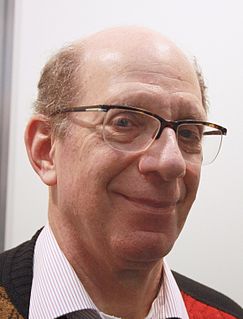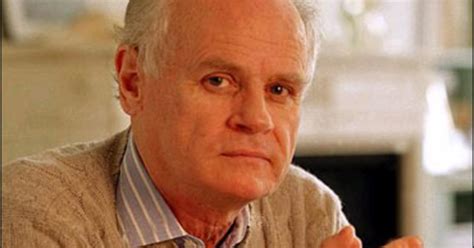A Quote by George Packer
I worked as a carpenter for a few years. I began writing. I wrote a book about my time in Africa - that came out in 1988 - called 'The Village of Waiting.'
Related Quotes
I came from the time of so-called New Criticism - the poem in itself, the writing in itself - but around that time I had come across a critic called Kenneth Burke, who wrote a book called A Rhetoric of Motives, and it seemed to talk about another way, and gradually I realized that other way was that the reader made a difference.
The only power source a book needs is you. If you have to leave for a few minutes you have not lost the story. It is waiting for you when you return. You can pick up a book and resume reading at any time, after a few minutes, a few days, even a few years. A television picture or a movie might be lost forever, but your book is waiting.
The secret of it all, is to write in the gush, the throb, the flood, of the moment – to put things down without deliberation – without worrying about their style – without waiting for a fit time or place. I always worked that way. I took the first scrap of paper, the first doorstep, the first desk, and wrote – wrote, wrote…By writing at the instant the very heartbeat of life is caught.
In part I'm just mystified. Here's a woman, Hillary [Clinton], who wrote a book about it takes a "village" to raise children. It wasn't about a book about "it takes a pill." There's a "double think" that the modern person often has. Anything that's called "science" is accepted as an absolute and sweeps reason away.
No true work since the world began was ever wasted; no true life since the world began has ever failed. Oh, understand those two perverted word, failure and success and measure them by the eternal, not the earthly, standard. When after thirty obscure, toilsome, unrecorded years in the shop of the village carpenter, one came forth to be pre-eminently the man of sorrows, to wander from city to city in homeless labors, and to expire in lonely agony upon the shameful cross -- was that a failure.




































